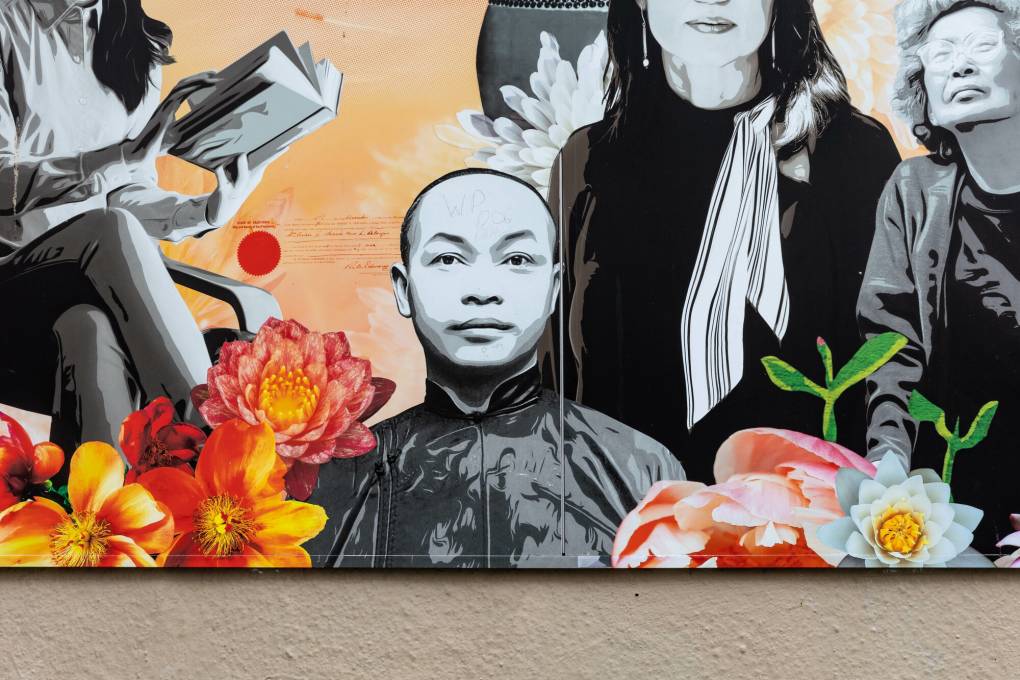Maricela Gutiérrez, executive director of the San Jose-based immigrant rights nonprofit SIREN, says clients have expressed concern about the possibility of higher fees.
“Many of these clients have minimum wage jobs, they’re helping their children with college and book fees, and many of them live in rental units that are very expensive,” she says. “Every penny counts for these families. And another increase when they were putting away a certain amount of money for their applications will most likely delay when they can apply.”
Others noted that the changes could potentially limit the number of people who would apply for naturalization and vote in the 2020 presidential election. Richard Hobbs, an immigration attorney in San Jose, says many of his clients are interested in becoming citizens so they can vote — a possibility that could become less likely for those who can’t afford the higher costs of applying.
“I think it’s a very pointed policy to prevent immigrants from being able to vote,” he said.
Erica Hellerstein is a Mercury News reporter who is part of The California Divide, a collaboration among newsrooms examining income inequity and economic survival in California.
CalMatters.org is a nonprofit, nonpartisan media venture explaining California policies and politics.



